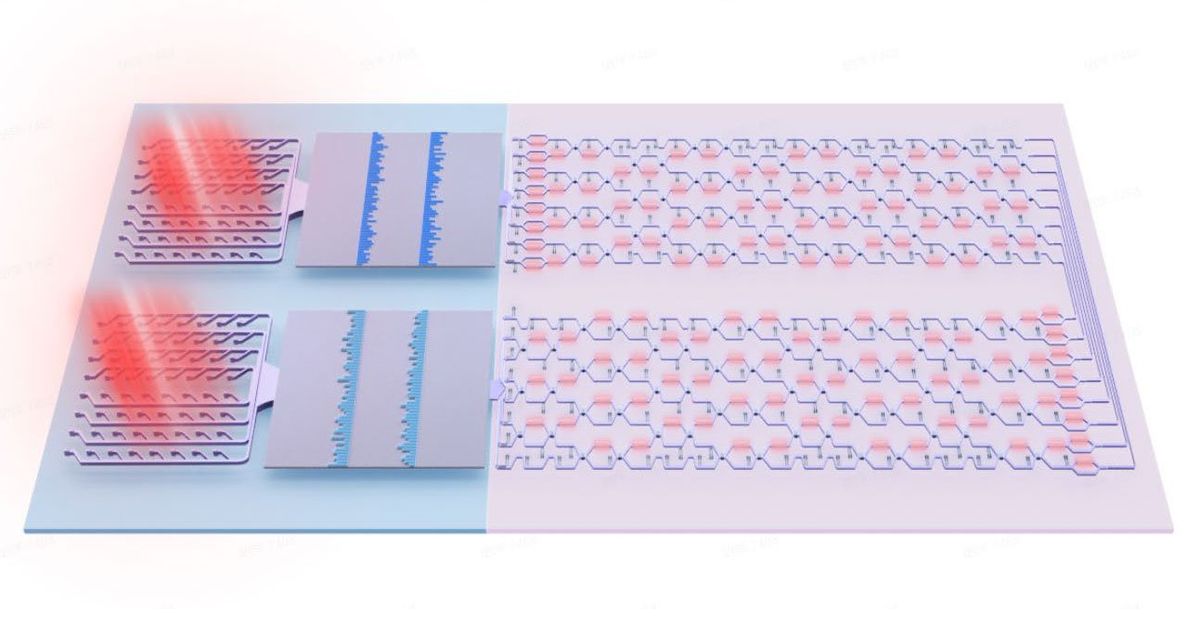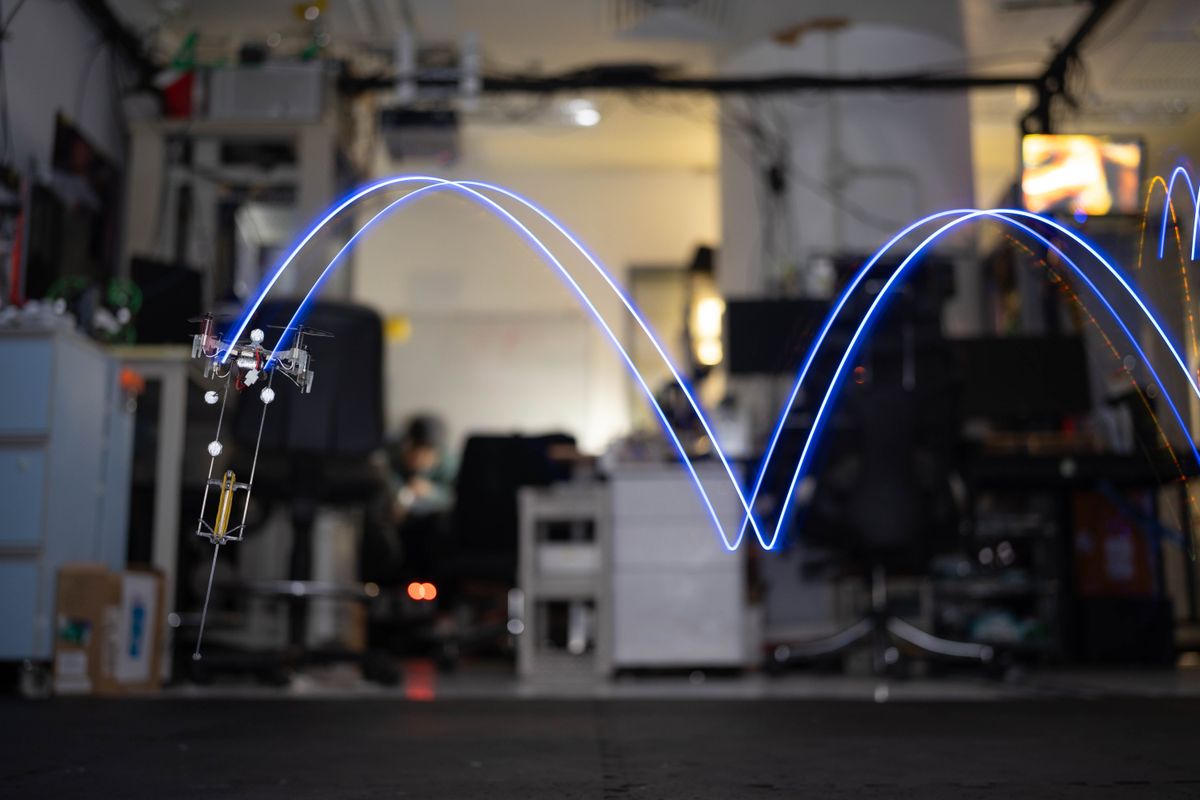Anyone scolded for pulling faces as a child could soon feel free to blow as many raspberries as they like. Not at dear old mom and dad, of course, but at their phones—to unlock them.
The Google idea for replacing standard passwords with specific facial gestures appears in a patent filed in June 2012. BBC News detailed the patent's plan to boost the security of Google's existing Face Unlock feature for Android smartphones, but could not get Google to comment on when such a feature might appear in consumer devices.
The facial recognition feature can only become a trusted replacement for passwords if it can authenticate a smartphone owner's face every time without fail. Facial recognition software works best with an ideal image of a person's face looking straight ahead—similar to driver's license or passport photos—but can still mix up similar-looking faces.
Google's Face Unlock first ran into problems when people showed they could trick the facial recognition security with a photo of the smartphone owner. When Google added a "liveness check" by requiring users to blink, researchers at the University of British Columbia showed that could still trick the smartphone security by editing a person's photo to make them appear as if their eyes were closed.
The newly-revealed Google patent filing aims to boost facial recognition security by adding a "facial landmark" requirement—asking users to make a face such as frowning, sticking out their tongue or raising an eyebrow. Random combinations of facial expressions could make it even harder to fool the facial recognition security.
Google goes even farther down the road into future paranoia. Its patent imagines the security threat of a futuristic device that simulates video of a person's face to make expressions upon demand. A counter for such a device might include light beams reflected off the person's eyes or a "3D-rangefinder" that uses lasers to map the 3D profile of a person's face.
One cybersecurity expert interviewed by BBC News said it might be years before people can feel completely secure relying on facial recognition passwords. Still, a combination of facial recognition and other biometric security scans involving fingerprints, voice, or even ears might do the trick.
The patent filing is the latest evidence of Google's strong interest in facial recognition—whether for improving personal security on mobile devices or making it easier to identify people in Picasa Web photo albums. But the Internet giant seems keen to sidestep privacy concerns surrounding the possible use of facial recognition for surveillance or stalking, given its recent decision to ban the technology in its "Google Glass" smart glasses.
Photo: Martin Palombini/Corbis
Jeremy Hsu has been working as a science and technology journalist in New York City since 2008. He has written on subjects as diverse as supercomputing and wearable electronics for IEEE Spectrum. When he’s not trying to wrap his head around the latest quantum computing news for Spectrum, he also contributes to a variety of publications such as Scientific American, Discover, Popular Science, and others. He is a graduate of New York University’s Science, Health & Environmental Reporting Program.



